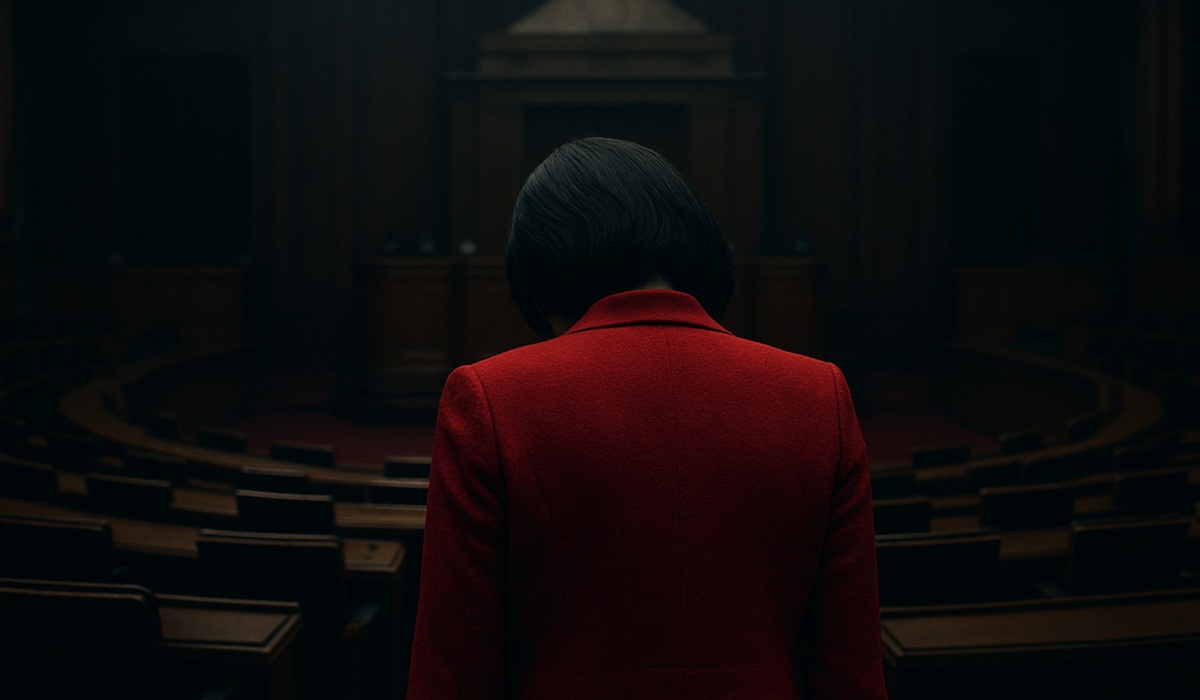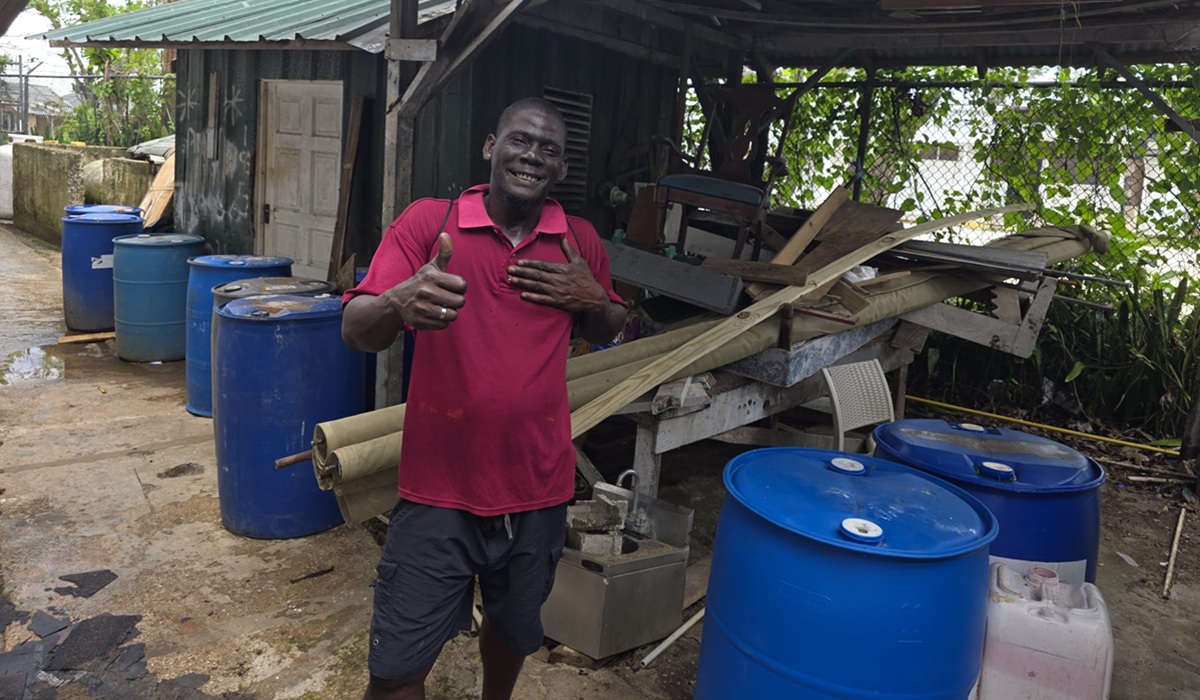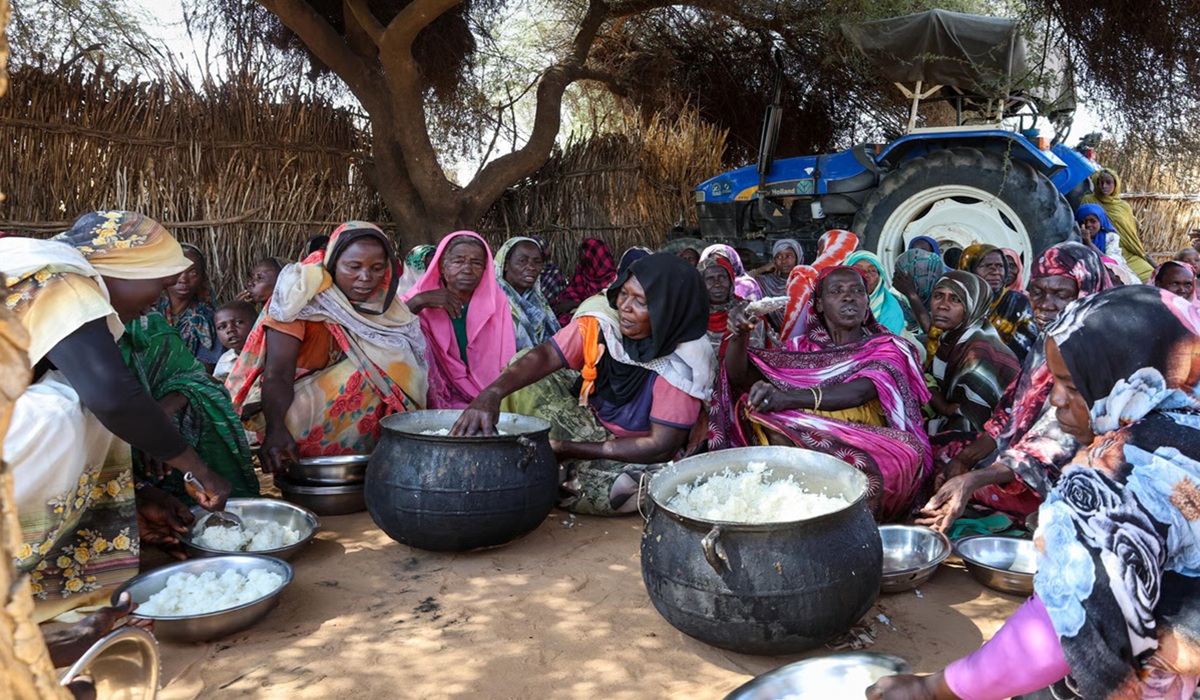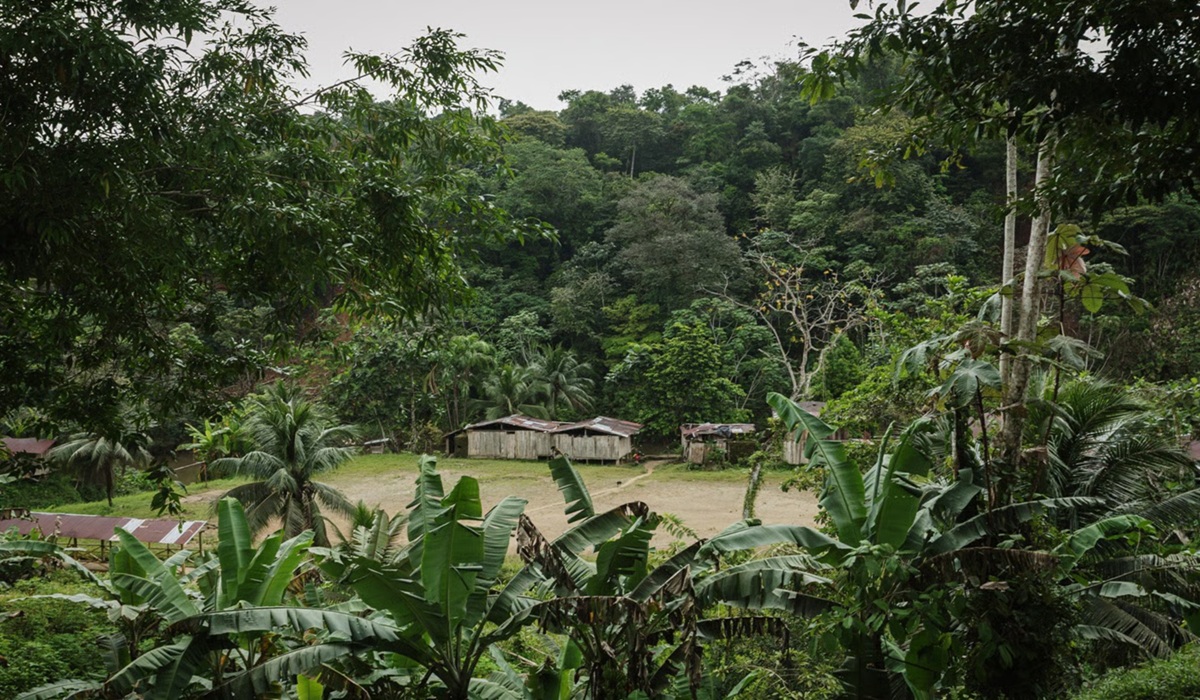Sudan’s Darkest Hour: A Global Indifference to Catastrophe
- Xuemei Pal
- Africa
- Trending News
- April 8, 2025
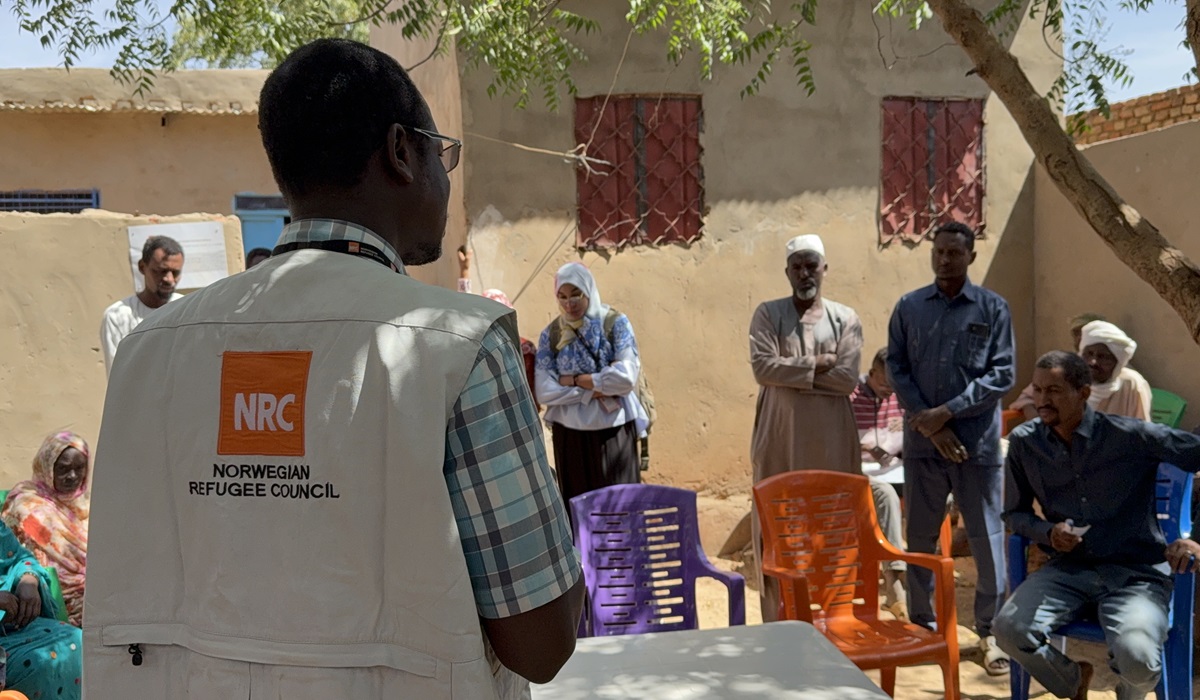
Image Credit, NRC
Two years into Sudan’s brutal war, the country teeters on the edge of total collapse. With nearly 15 million people displaced and half the population facing hunger, the crisis has become one of the gravest humanitarian disasters in recent memory. And yet, the world remains largely silent, with pledges unfulfilled, peace efforts abandoned, and compassion displaced by political convenience. The result is a vacuum of humanity, in which civilians are not only unprotected—they are forgotten.
For more than 700 days and nights, Sudanese families have endured an onslaught of violence unleashed by armed groups operating with reckless impunity. From Darfur to Khartoum, communities have been bombarded, starved, and uprooted. What began as a power struggle between military factions has descended into a war on the people themselves, and the international response has ranged from inadequate to absent. The humanitarian support that once offered a lifeline has been gutted by the most severe aid cuts Sudan has ever seen—most notably from the United States, once the country’s top humanitarian donor. Even European nations, previously committed to stabilizing the region, have walked back critical funding. The result? Aid organizations like the Norwegian Refugee Council (NRC) have been forced to shutter programs for farming, education, health care, and displacement support at the worst possible time.
The numbers are beyond staggering: 25 million Sudanese in need of food, 1.5 million on the brink of famine, and more than 11.5 million internally displaced. Another 3.5 million have fled into neighbouring countries already grappling with crises of their own—Chad, South Sudan, Egypt, Ethiopia, Libya, and Uganda among them. These host nations are struggling to cope, forced to stretch already threadbare resources while donor nations look away. Last year, less than a third of the regional refugee funding needs were met. This year, with the stakes even higher, just six percent of the required $1.18 billion has been pledged. The message to Sudanese refugees is chillingly clear: you are on your own.
This is not just a policy failure—it is a moral failure of epic proportions. The international community has defaulted on its most basic obligation: to prevent human suffering when it is within our power to act. Instead, humanitarian efforts are being strangled by politics, as governments redirect funding to conflicts that fit geopolitical agendas while allowing Sudan to drift toward famine, chaos, and mass death.
Jan Egeland, Secretary General of the NRC, has called this moment “the darkest hour for Sudan,” and he’s right. But it is also a test for the world. It is a test of our capacity to care when no cameras are rolling, when no headlines dominate global news feeds, when the victims are Black and from a region long neglected. It is a test of whether we will let bureaucracy and budget politics decide who lives and who dies.
In 2025, the humanitarian community is seeking $4.16 billion to reach the 20.9 million Sudanese in desperate need. As of April, only 9.9 percent of that funding has come through. That shortfall isn’t a logistical hiccup—it’s a death sentence for millions. This year alone, the support from the United States helped reach 4.4 million people. Yet with funding collapsing, that reach is shrinking rapidly.
This isn’t sustainable. It’s not ethical. It’s not human.
Sudan does not need another promise, press release, or diplomatic overture. It needs food, protection, shelter, and peace. It needs global leaders to see the people behind the statistics. It needs solidarity from nations that claim to stand for human rights. And it needs it now—before famine spreads, before displacement becomes permanent exile, before yet another generation is lost to war and abandonment.
To turn away from Sudan at this critical moment is to choose complicity. This is no longer about donor fatigue or policy miscalculations. This is about whether we are willing to allow a nation to be erased by war and indifference. The hour is dark—but the world still has time to choose light.


